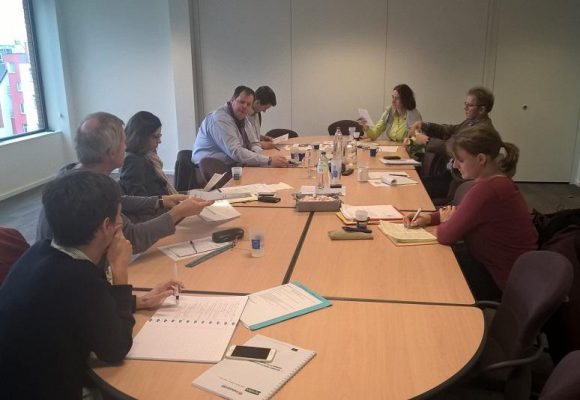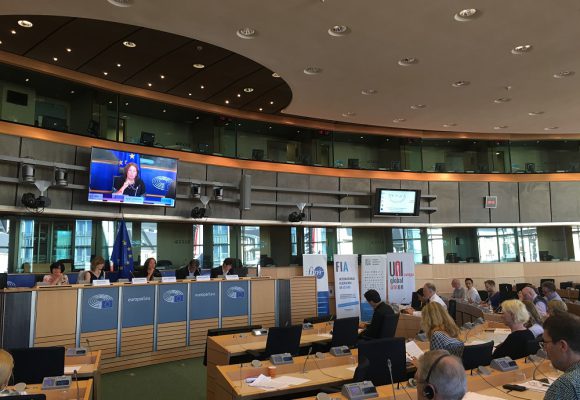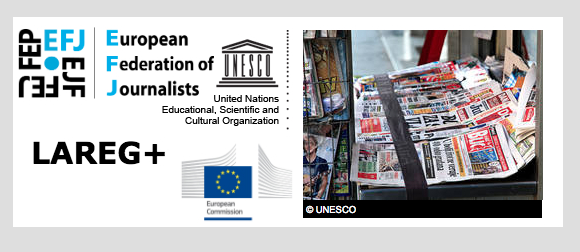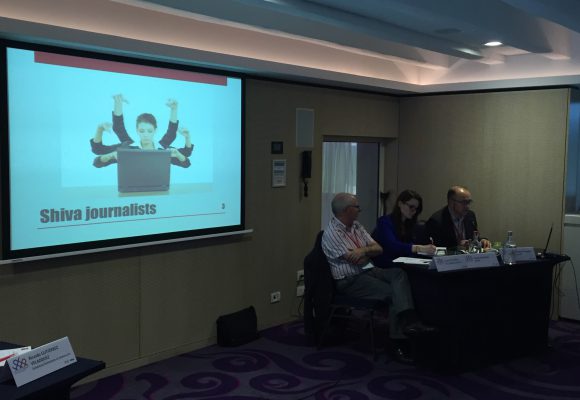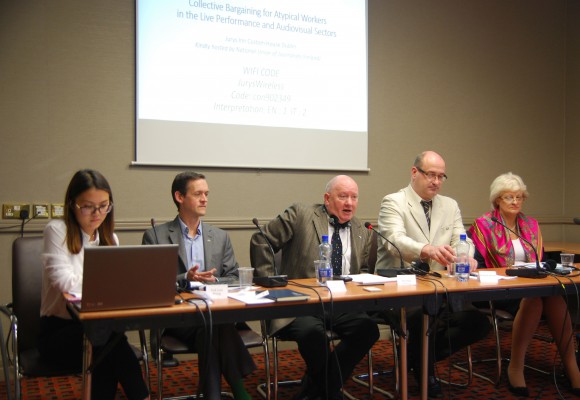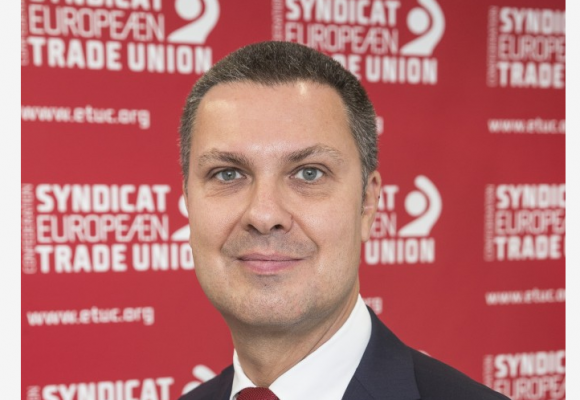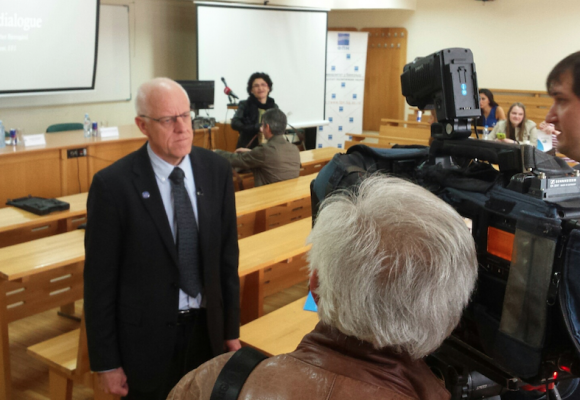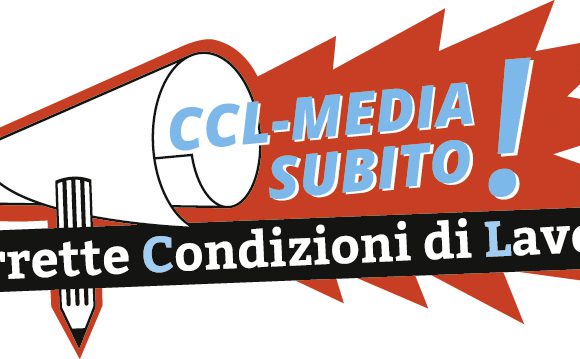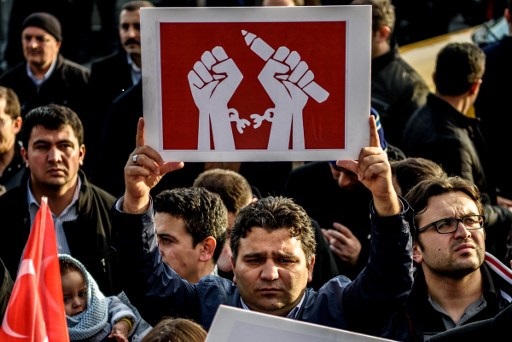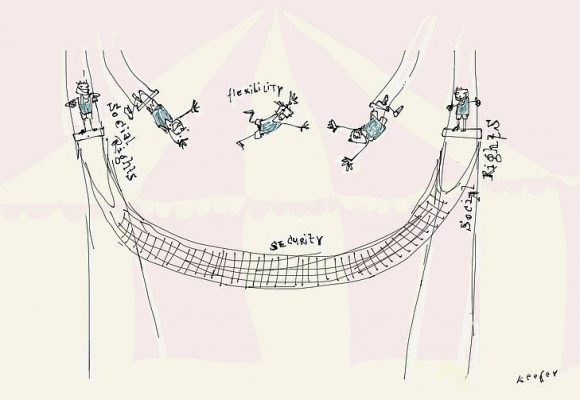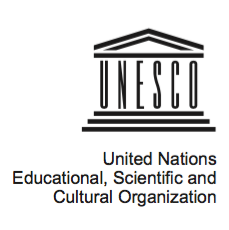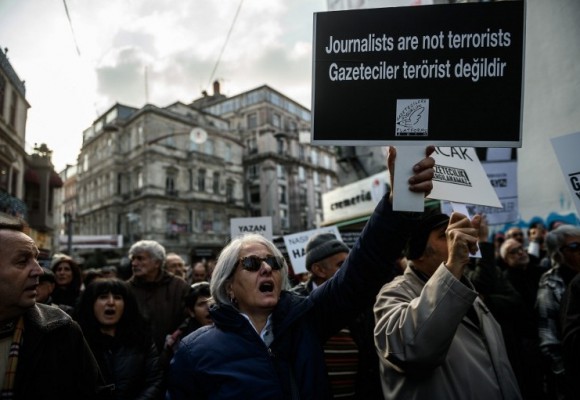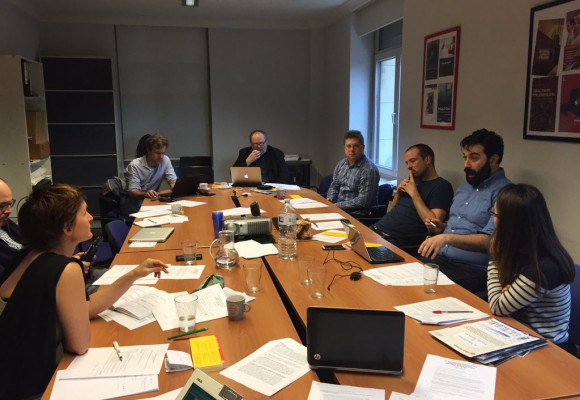Webinar “Trust in media: Telework during and after the Covid-19 pandemic”
The European Federation of Journalists (EFJ) is hosting a series of webinars on teleworking and hybrid working during and after the Covid-19 pandemic. This new way of working has brought new challenges to journalists and media organisations, such as issues regarding the separation of work and private life at home in connection to mental health and the right to disconnect. As it has become clear that this “new normal” will last beyond the current health crisis, the webinars will discuss the challenges and address how journalists organisations and media employers should adapt. The webinars received financial support from UNESCO and the European…


